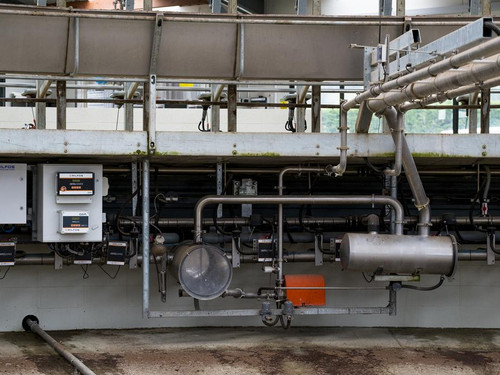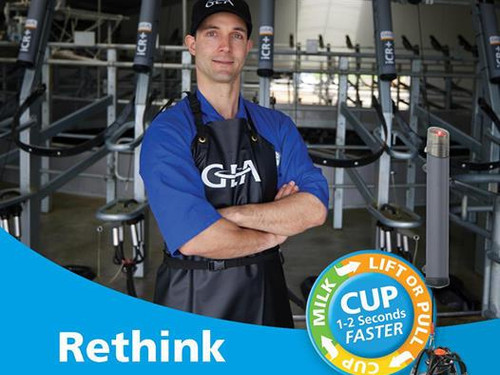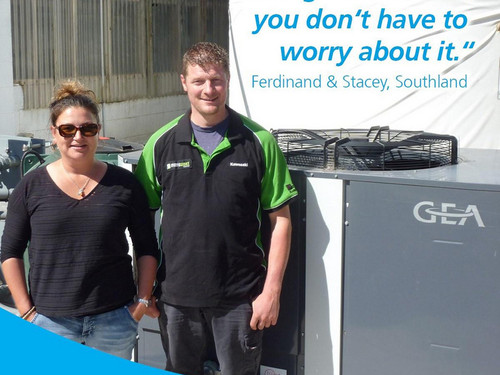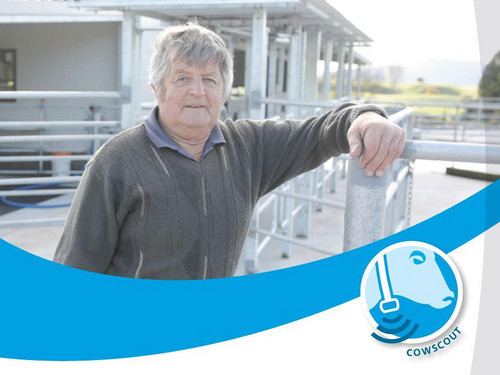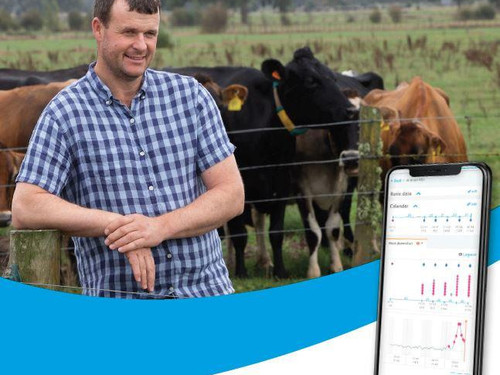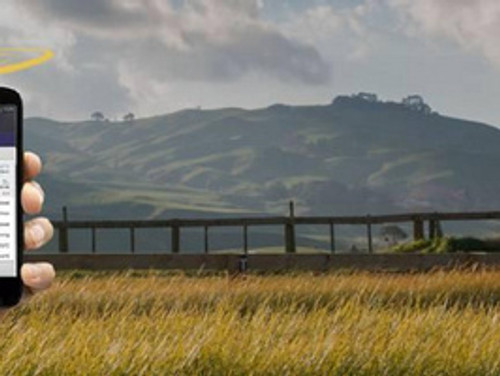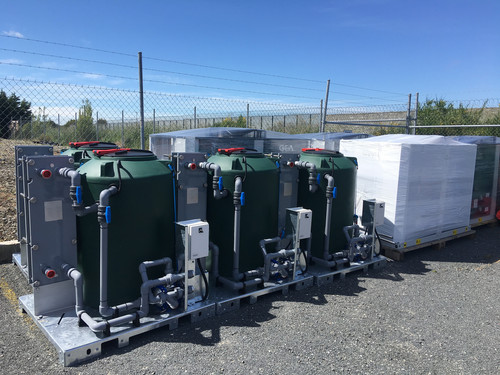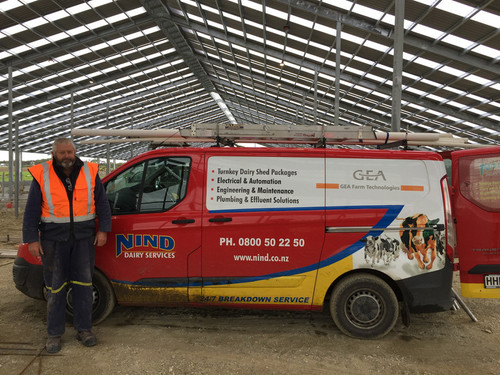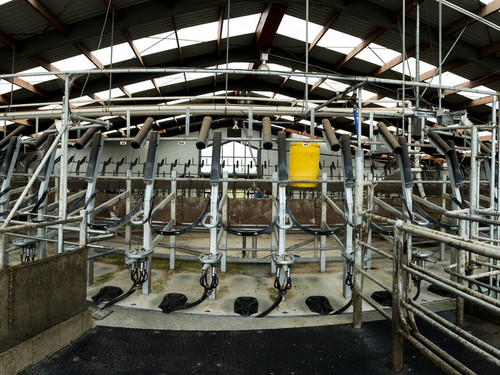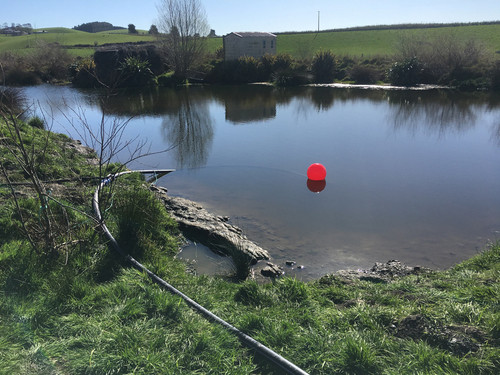Milking machine testing explained
19th May 2024
Rethink Cups On with iCR+ Intelligent Cluster Removers
19th November 2020
Need chilled milk? Nind can help.
19th November 2020
Draft cows your way with CowScout and the AS3000 Drafting Gate
19th November 2020
Want to monitor your cows your way? Get CowScout Collars.
19th November 2020
Get Milk Vat Monitoring sorted with Nind Dairy Services & HALO Systems
11th December 2019
Get an AquaCHILL unit retrofitted to ensure compliance
1st April 2019
Do you need a Nind Dairy Services Plumbing Warrant of Fitness?
21st February 2019
Book in a Shed Servicing
3rd December 2018
Summer is approaching - check your water supply
2nd December 2018

